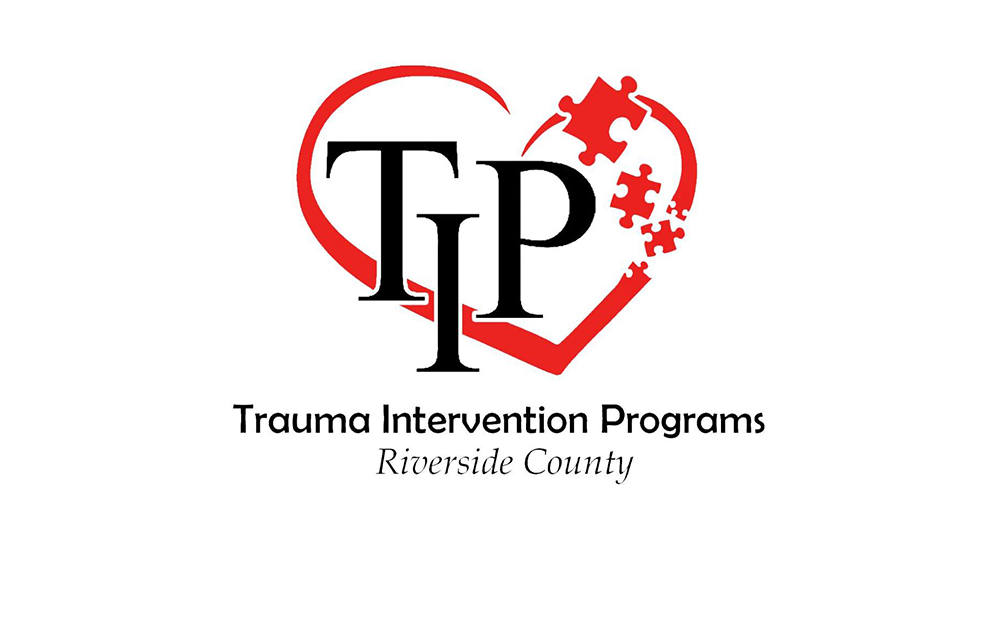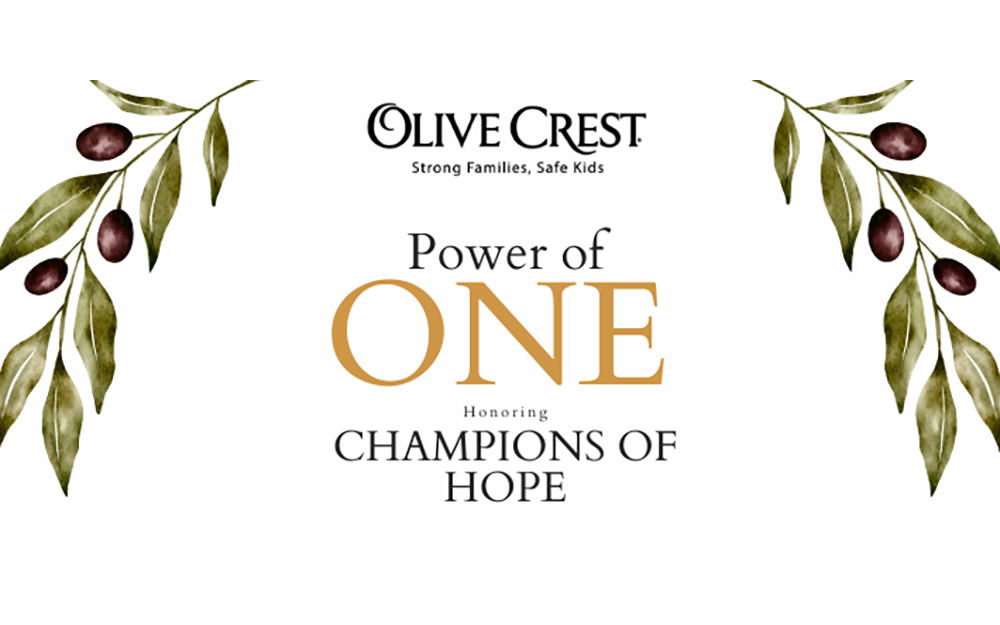
May is Mental Health Awareness Month!
By Fire Chief Sam DiGiovanna
As I write this 85% of our state is experiencing a drought. We are only in the springtime and summer is quickly approaching. Every year for the past five years has been the worst fire season in history. This looks like it will shape up as being our sixth worst year.
But what is equally vivid is the power of vegetation management. Time and time again we see photos showing houses spared because the homeowners performed aggressive fuel management, clearing brush from around their house and using appropriate types of plants to reduce fire spread. It is not foolproof, of course—sometimes conditions get so bad that even impeccably cared for houses are caught in the fire’s path. But vegetation management is a proven tactic to reduce fire devastation.
“Vegetation Management” also applies within our minds. Let me explain;
Have you ever done 80 percent of the work but received 20 percent of the credit? Have you stepped up and volunteered for extra assignments only to see the credit go to someone else who does far less? Do you ever feel excluded from important calls or meetings?
All of us experience these little inequities. Most of the time we shrug them off and recover; if things get too bad, we look for another job opportunity. But if we are not careful, these seeds of resentment and bitterness can grow inside us, creating a tangle of hazardous emotions.
But like a house with unattended vegetation, if you have built up a lifetime of disappointments and resentments, a sudden, big challenge can become a conflagration. You may find yourself overwhelmed with anger or depression, lashing out at people who do not deserve it, focused on how you can get revenge instead of on how you will recover from the setback.
That’s where vegetation management of the mind comes in. Periodically, we need to do a self-check and see whether we need to cut things back a little. We might need to:
Forgive a transgression. Forgiveness is difficult because it can seem like we are excusing the person who hurt or wronged us. But if we refuse to forgive, we pay the price in our own happiness and in relationships with others. We may even experience physical symptoms, like anxiety or illness.
Let go of a grudge. Grudges are like transgressions, but we often have grudges even when we were not personally wronged. You might begrudge Firefighter Browne because everything seems to go his way — he gets the station assignment he wanted straight out of the academy, he gets selected to go to the professional development conference, he seems to get all the exciting calls. Firefighter Browne did not do anything to hurt you, but are you holding his success against him? Time to trim that back.
Accept failures. We all mess up — sometimes in a big way. Are there specific failures you have experienced that still make you cringe or turn red with embarrassment or hot with shame? When we cannot forgive ourselves, our confidence is eroded. We keep playing the situation over in our minds. We are less likely to take healthy risks or challenge ourselves. We shrink behind a hedge of failure.
Take ownership. Let’s face it, sometimes conditions at a job or in a relationship are just unhealthy or unfixable. But how many of us fail to do anything to change it? We are not owed or entitled to having things our way. We need to work for it and when we put in the work and do not get the reward, it is on us to move on. Chop down that resentment and find a better place for your talents. Otherwise, it will follow you to your next place in life and grow again.
We remind homeowners every year to take responsibility and make their property as fire-resistant as possible. Ask yourself: Is it time to do a little brush clearing of your own?









































